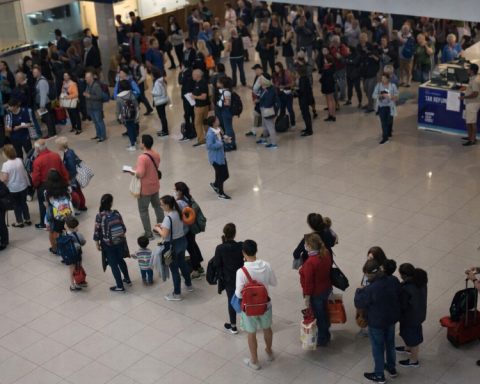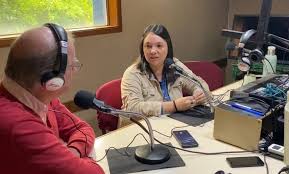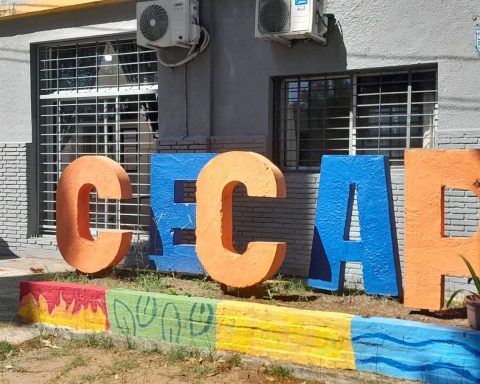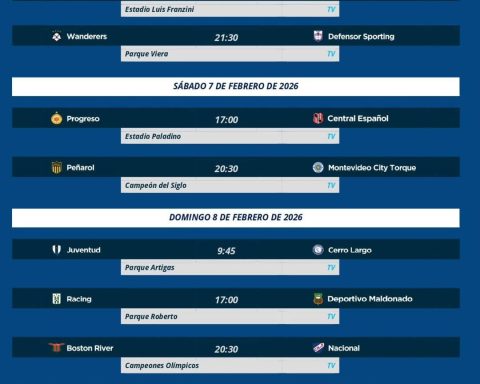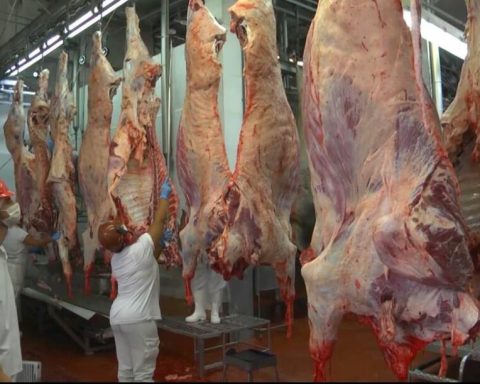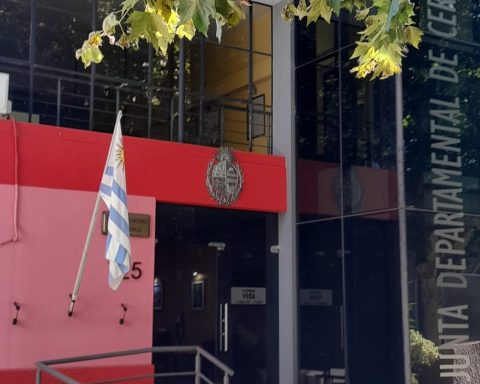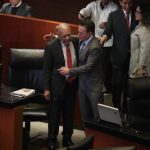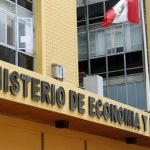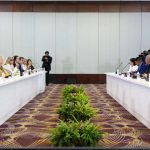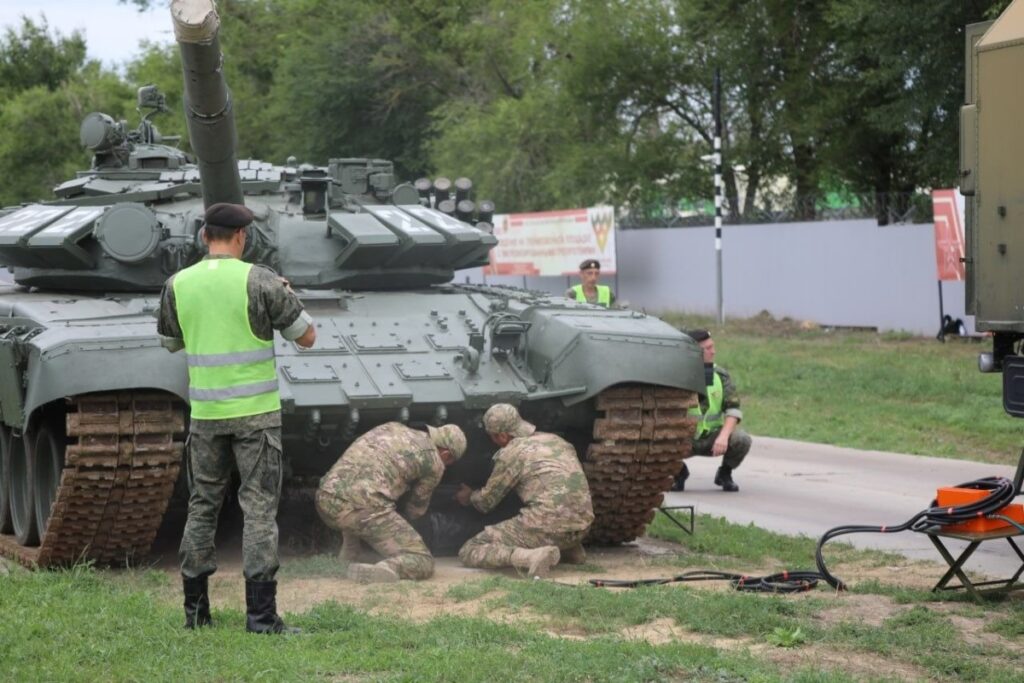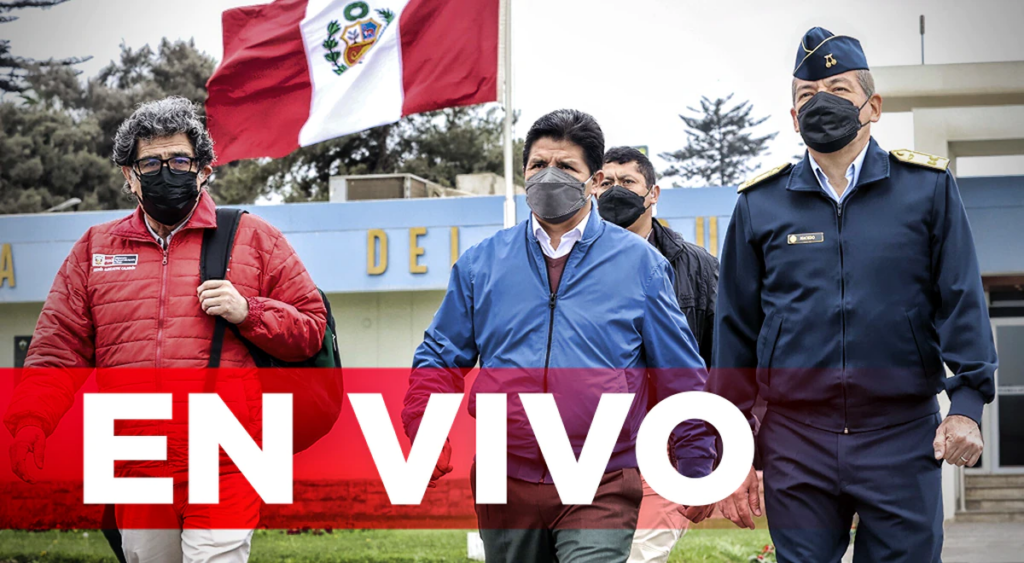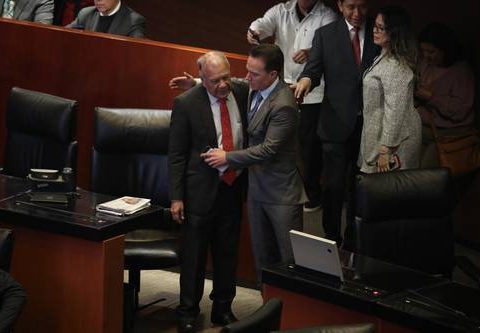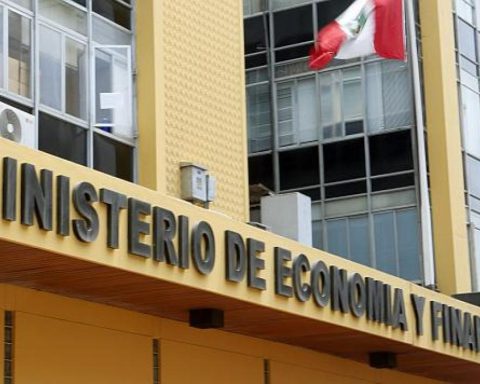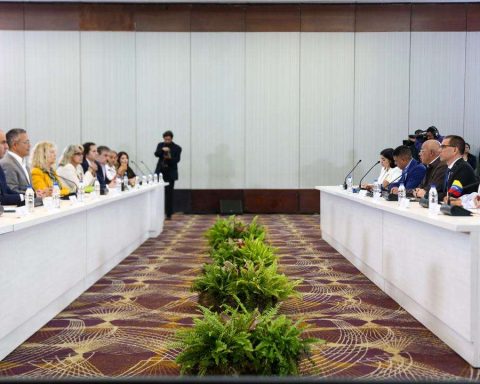15:25 Senator Bergara began his oratory by explaining that “the nature of the topic that he does not address, the doubts that it generates, the consequences that it generates, merited this instance of interpellation.”
He indicated that at this moment “somewhere in the world” a “syndicated” Uruguayan drug trafficker is on the loose and unpunished, “with open investigations in several countries, he continues to be a fugitive from international justice -among other things-, thanks to the fact that he was issued and obtained a common Uruguayan passport, in shorter terms than common sense would have indicated in a case of such complexity but that were functional to the private interests of that person to avoid being deported”.
In addition, Bergara explained that the call also responds to “a scandal that affects the reputation and credibility of Uruguay, which a small country like ours must take care of like gold.”
In short, he increased that the authorities “have dedicated themselves to minimizing the problem we face” indicating that they transfer the responsibility to previous governments.
“The institutional strength of the country must prevent drug traffickers from penetrating the structures of public power, as unfortunately we perceive that it happens in other countries in the region. It is there, therefore, that the coordination between the MIO and the sectarian MRREE must fully function. of strategic intelligence of the state, the anti-money laundering secretariat and many other national agencies dedicated to combating drug trafficking and organized crime.
15:05 The session begins with the presentation of the authorities present and the call to the room for the ministers to be questioned: Luis Alberto Heber and Francisco Bustillo.
Previous
This Monday they will be questioned by the Frontampist senator Mario Bergara, the Minister of the Interior, Luis Alberto Heber, and the Chancellor of the Republic, Francisco Bustillo. At the hearing, which will start at 15:00the opposition will question those cited about the issuance of the passport to the Uruguayan drug trafficker Sebastián Marset in October of last year, when he was imprisoned in Dubai for attempting to enter that country with a false Paraguayan document.
Thanks to the passport that was granted by the Ministry of Foreign Affairs, Marset managed to leave the United Arab Emirates days before Interpol began its search international code red”.
The ministers will defend that The procedure was carried out in accordance with the current legislature. since “there were no requirements or red alerts from Interpol,” according to Heber. In addition, the government defends that Marset did not have current criminal cases in Uruguay.
In any case, when the passport was delivered, the Ministry of the Interior was collaborating with the DEA in an investigation of the drug trafficker.
But Marset was not only investigated by the DEA, in collaboration with the Uruguayan government, but there were also warnings at the diplomatic level. The ambassador to the United Arab Emirates, Álvaro Ceriani, suggested taking more time to deliver the document, and the consul Fiorella Prado asked for instructions on how to act because she thought it was an extraordinary procedure. In both cases it was decided to go ahead.
